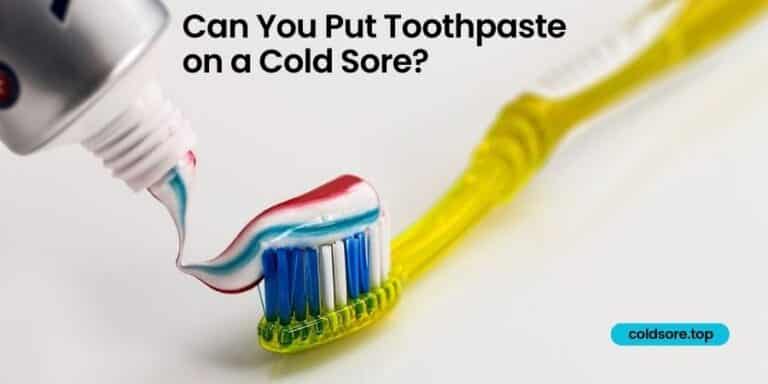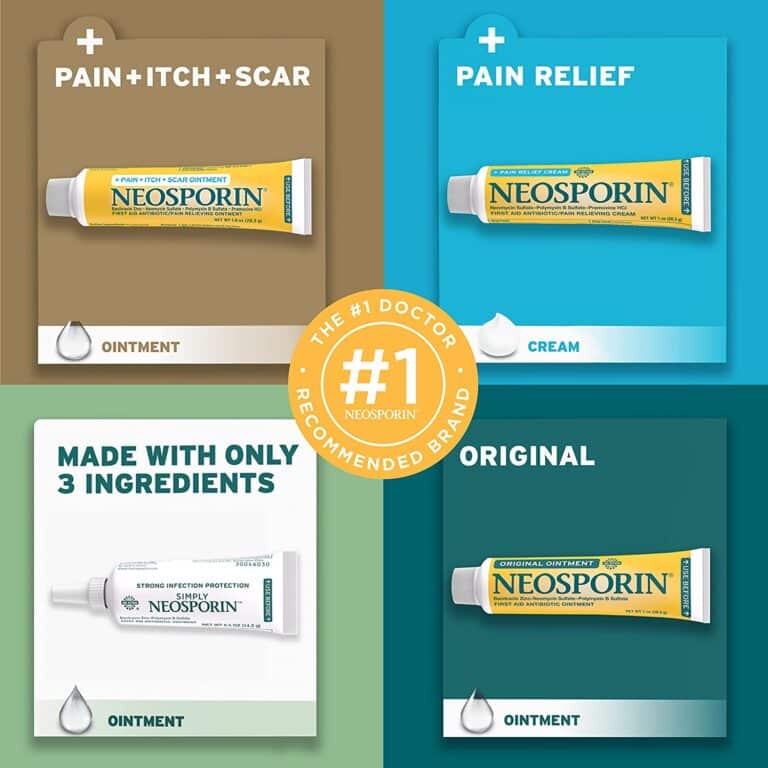Do Cold Showers Help With Sore Muscles?
Have you ever wondered if taking a cold shower could provide relief for your sore muscles? While it may seem counter intuitive, there is growing scientific evidence supporting the effectiveness of cold showers in alleviating muscle soreness and promoting recovery.
In this article, we will delve into the reasons behind the benefits of cold showers for sore muscles, explore the scientific justifications for their effectiveness, and discuss additional advantages of incorporating cold showers into your routine.
Do Cold Showers Help With Sore Muscles?
Why and How Cold Showers Help Alleviate Sore Muscles:
When it comes to relieving sore muscles, cold showers offer several mechanisms that contribute to their effectiveness.
1. Reduction of Inflammation:
Cold temperatures cause vasoconstriction, narrowing the blood vessels and reducing blood flow to the affected muscles. This constriction helps minimize inflammation by limiting the movement of pro-inflammatory substances to the injured area. By reducing inflammation, cold showers can alleviate muscle soreness and promote faster recovery.
2. Numbing Effect:
The application of cold water to sore muscles provides a natural numbing effect, temporarily reducing pain sensations. The cold temperature acts as an analgesic, interfering with the transmission of pain signals to the brain and providing a sense of relief.
3. Removal of Metabolic Waste:
During intense physical activity, lactic acid and other metabolic waste products can accumulate in the muscles, contributing to muscle fatigue and soreness.
Cold showers induce vasoconstriction, which assists in flushing out these waste products from the muscles. By improving circulation and facilitating the removal of metabolic waste, cold showers aid in the recovery process.
Scientific Justifications for the Benefits of Cold Showers:
Scientific studies support the claims of cold showers being beneficial for sore muscles. Research has shown that cold water immersion and cold therapy can effectively reduce muscle soreness and enhance recovery. For example, a study published in the Journal of Science and Medicine in Sport found that athletes who underwent cold water immersion experienced reduced muscle soreness compared to those who did not.
Another study published in the European Journal of Applied Physiology demonstrated that cold water immersion after exercise reduced inflammation markers in the muscles.
Additionally, cold showers have been found to have a positive impact on the nervous system. Exposure to cold water activates the sympathetic nervous system, leading to the release of adrenaline. This heightened state of alertness and increased metabolic activity may contribute to improved energy levels and a sense of rejuvenation.
Beyond Sore Muscles: Additional Benefits of Cold Showers:
Incorporating cold showers into your routine offers benefits beyond relieving sore muscles. Here are some additional advantages:
Enhanced Circulation:
Cold water exposure triggers vasoconstriction, stimulating the circulatory system to work harder in maintaining core body temperature. This increased blood flow can improve overall circulation, delivering oxygen and nutrients to various parts of the body and promoting overall health.
Improved Immunity:
Cold showers have been found to stimulate the production of white blood cells, which play a crucial role in immune function. By regularly exposing yourself to cold water, you may experience a strengthened immune response and a reduced susceptibility to common colds and illnesses.
Mood Enhancement:
Cold water exposure has been associated with the release of endorphins, natural mood-elevating hormones. Taking cold showers may help improve mood, reduce symptoms of depression, and increase feelings of alertness and vitality.
Increased Energy and Metabolism:
The activation of the sympathetic nervous system during cold showers can result in increased metabolism and a temporary boost in energy levels.
Incorporating Cold Showers into Your Routine:
If you are considering incorporating cold showers into your routine, it is important to do so gradually to allow your body to adapt. Here are some practical tips:
Gradual Exposure:
Begin by introducing colder water gradually during your shower. Start with lukewarm water and gradually decrease the temperature over time.
Duration and Intensity:
Start with shorter durations under cold water, gradually increasing the time as your body adapts. Aim for at least two to three minutes of exposure to experience the full benefits.
Contrast Showers:
Alternating between hot and cold water showers, known as contrast showers, can provide additional benefits. Start with a warm shower for a few minutes, then switch to cold water for a brief period. Repeat this cycle a few times, always ending with cold water.
Conclusion:
Scientific research suggests that cold showers can indeed help alleviate sore muscles and promote recovery. Through their ability to reduce inflammation, numb pain, and facilitate the removal of metabolic waste, cold showers offer a natural and effective means of addressing muscle soreness.
Moreover, the additional benefits of enhanced circulation, improved immunity, mood enhancement, and increased energy make cold showers a valuable addition to your daily routine.
As with any health-related practices, it is advisable to consult with a healthcare professional if you have specific health concerns or medical conditions. Embrace the potential benefits of cold showers and discover how they can contribute to your overall well-being.







